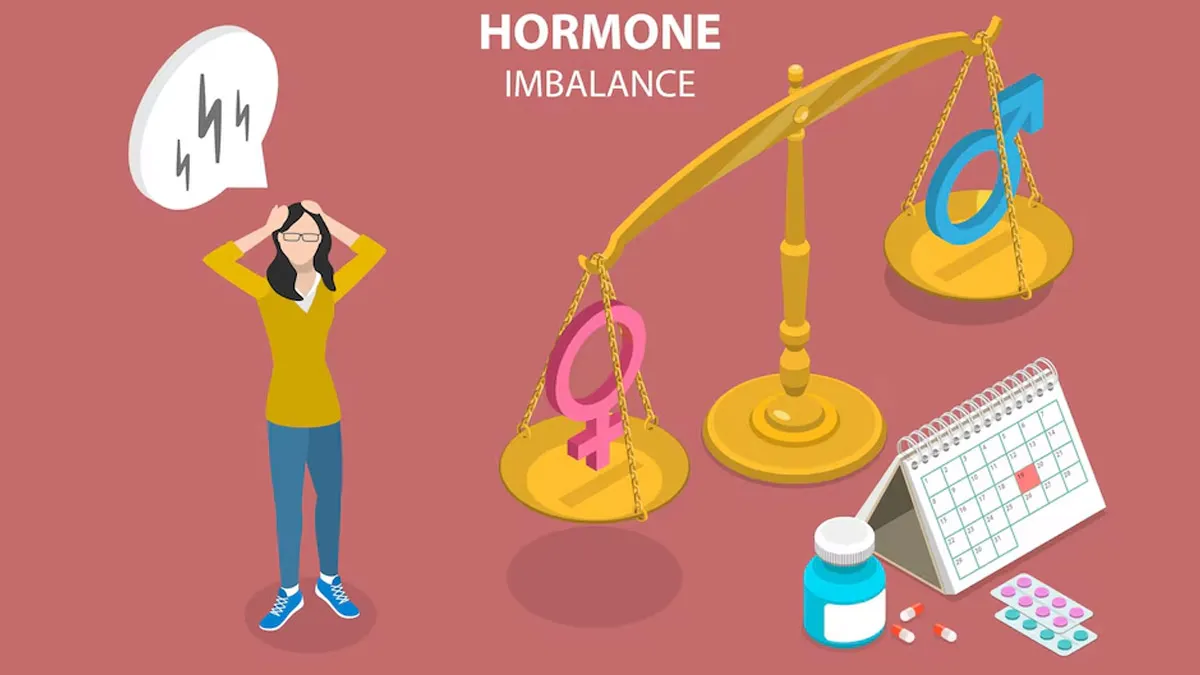
Oestrogen is one of the most vital hormones in a woman’s body, influencing everything from reproductive health to mood, bone strength, and metabolism. However, when oestrogen levels drop, whether due to menopause, lifestyle factors, or underlying medical conditions, the body begins to send clear signals. Recognising these symptoms early is crucial for maintaining overall well-being.
Table of Content:-
"Oestrogen plays a significant role in a woman’s health beyond just fertility. When levels decline, it can impact multiple body systems, leading to noticeable and sometimes distressing symptoms," explains Dr Sadhna Singhal Vishnoi, Senior Consultant – Obstetrics and Gynaecology, Cloudnine Group of Hospitals, New Delhi, Punjabi Bagh.
What Causes Low Oestrogen?
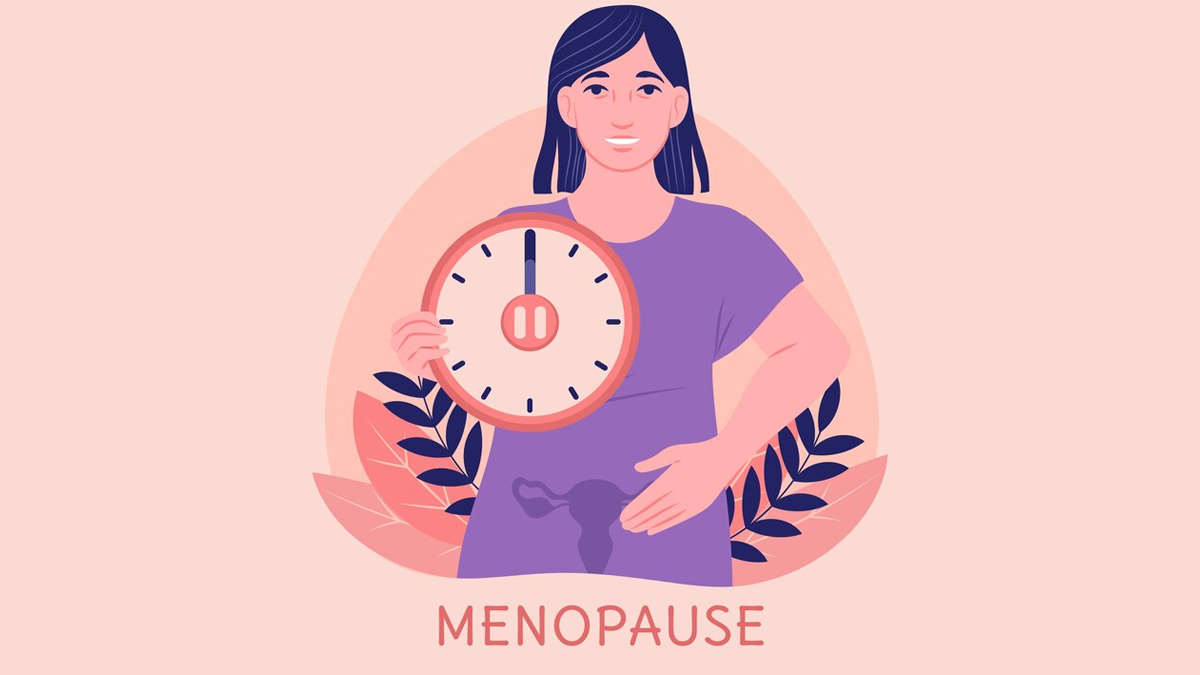
Oestrogen levels can dip due to several factors, including:
Menopause & Perimenopause: The natural ageing process leads to a gradual decline in oestrogen levels.
Primary Ovarian Insufficiency (POI): A condition where the ovaries stop functioning properly before the age of 40.
Excessive Exercise & Low Body Fat: Overtraining or having too little body fat can suppress hormone production.
Chronic Stress: High cortisol levels can interfere with oestrogen production.
Poor Diet & Nutrient Deficiencies: A lack of healthy fats, vitamin D, and B vitamins can impact hormone levels.
Medical Conditions & Treatments: Autoimmune disorders, chemotherapy, or ovarian surgeries can lead to oestrogen deficiency.
"Several lifestyle and medical factors can contribute to oestrogen deficiency. While menopause is the most common cause, younger women can also experience low oestrogen due to stress, poor nutrition, or excessive exercise," says Dr Vishnoi.
Also read: Can Low Oestrogen Cause Itchiness? What It Means For Menopausal Women
Serious Signs of Low Oestrogen
If your body is running low on oestrogen, it will send out distress signals. Here are some key symptoms to watch for:
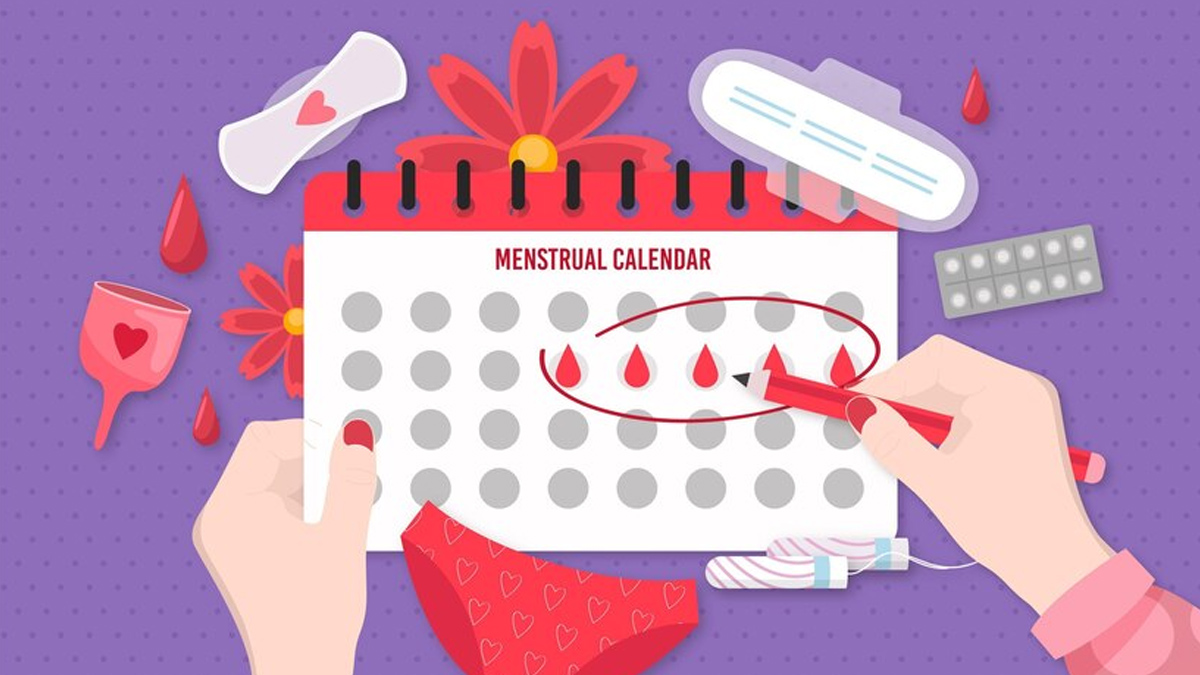
1. Irregular or Missed Periods
Oestrogen is crucial for regulating the menstrual cycle. If your periods are becoming irregular, lighter, or stopping altogether (outside pregnancy or menopause), it may be due to low oestrogen.
"Many women ignore irregular periods, but they can be an early sign of hormonal imbalance. If you notice consistent changes, it's important to consult a doctor," warns Dr Vishnoi.
2. Vaginal Dryness & Discomfort
Oestrogen helps maintain vaginal lubrication and tissue thickness. When levels drop, vaginal dryness can occur, making intercourse painful and increasing the risk of infections.
3. Mood Swings, Anxiety & Depression
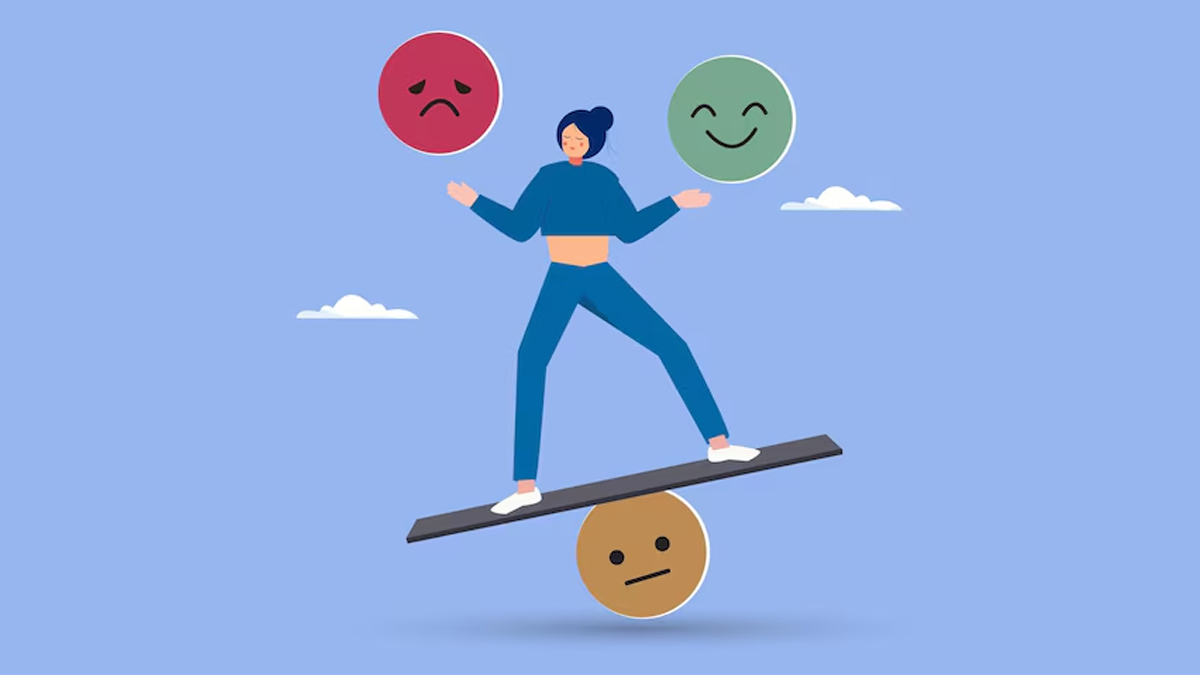
Oestrogen plays a key role in serotonin production, which stabilises mood. Low levels can lead to irritability, anxiety, and even depression. "A decline in oestrogen can affect mental health. Many women report mood swings and heightened anxiety during perimenopause and menopause," explains Dr Vishnoi.
4. Sleep Disturbances & Insomnia
Struggling to fall or stay asleep? Oestrogen helps regulate melatonin, the sleep hormone, and body temperature. Low levels can lead to insomnia, night sweats, and hot flashes.
5. Hot Flashes & Night Sweats
Sudden waves of heat, excessive sweating, and chills are classic signs of low oestrogen, especially during perimenopause and menopause.
6. Brain Fog & Memory Issues
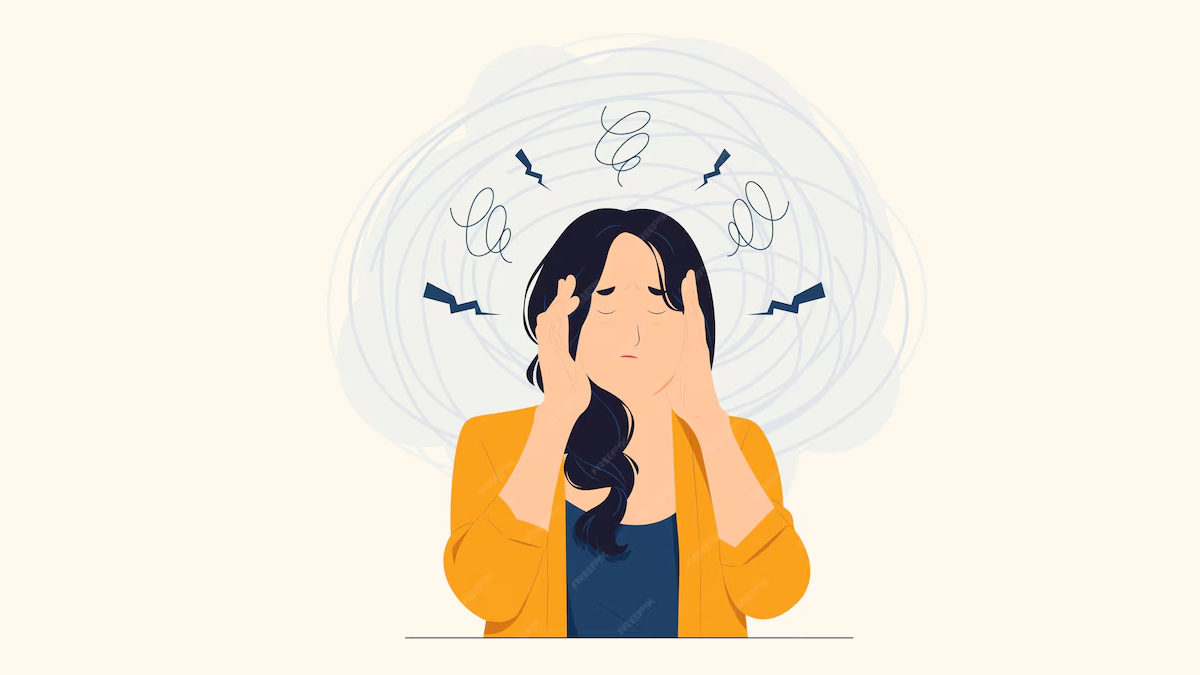
Low oestrogen can affect cognitive function, leading to forgetfulness, trouble concentrating, and mental fog. "Many women complain about brain fog in their 40s and 50s. This is often linked to fluctuating oestrogen levels," says Dr Vishnoi.
7. Low Libido (Sex Drive)
Since oestrogen influences sexual arousal and vaginal health, a decline can lead to reduced libido and discomfort during intercourse.
8. Weight Gain & Slow Metabolism
Oestrogen plays a role in fat distribution. Low levels can lead to weight gain, particularly around the abdomen, and a slower metabolism.
9. Joint Pain & Weak Bones
Oestrogen protects bone health. When levels drop, it can lead to joint pain and increase the risk of osteoporosis, making bones more fragile.
"Postmenopausal women are at higher risk for osteoporosis due to reduced oestrogen levels. Bone density screening and preventive measures are essential," advises Dr Vishnoi.
10. Frequent Urinary Tract Infections (UTIs)
Lower oestrogen levels can weaken bladder and urethral tissues, increasing susceptibility to infections.
How to Balance Oestrogen Naturally
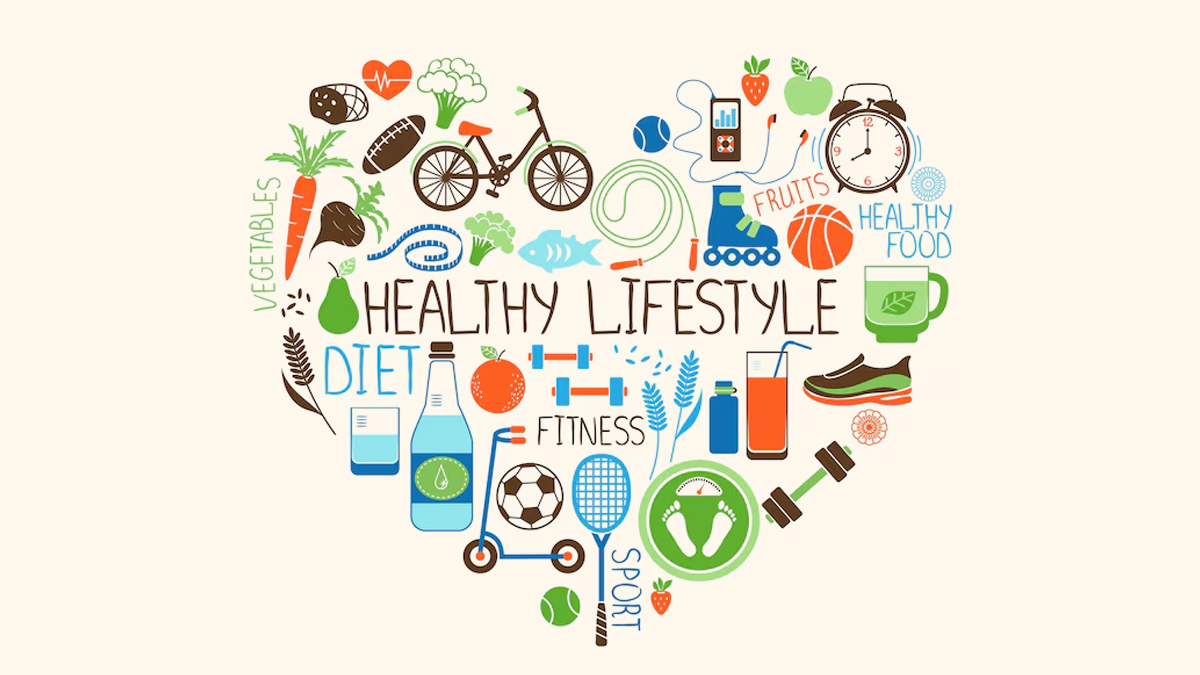
If you're experiencing symptoms of low oestrogen, making some lifestyle adjustments can help restore balance.
- Eat Oestrogen-Boosting Foods: Include flaxseeds, soy products, nuts, seeds, and cruciferous vegetables.
- Maintain a Healthy Weight: Being underweight or overweight can disrupt hormone levels.
- Exercise in Moderation: Both excessive and insufficient exercise can affect oestrogen production.
- Manage Stress: Yoga, meditation, and deep breathing exercises can help regulate stress hormones.
- Get Enough Sleep: Quality sleep is essential for hormone regulation.
- Consider Herbal Supplements: Phytoestrogens like red clover and maca root may help, but consult a doctor first.
"Simple lifestyle changes, such as improving diet and managing stress, can go a long way in supporting hormonal balance," suggests Dr Vishnoi.
When to See a Doctor?
If you’re experiencing severe symptoms, such as long-term missed periods, extreme fatigue, or persistent mood changes, it’s best to consult a healthcare professional. In some cases, Hormone Replacement Therapy (HRT) or other treatments may be necessary.
"Ignoring these symptoms can lead to long-term health issues, from osteoporosis to cardiovascular risks. Seeking medical advice early can help in managing hormonal changes effectively," advises Dr Vishnoi.
Take Control of Your Hormonal Health
Your body gives clear signals when oestrogen levels are low. Ignoring these signs can impact overall health, from bone strength to mental well-being. By listening to your body and making necessary lifestyle changes, you can restore balance and improve your quality of life. If symptoms persist, consulting a doctor is the best step forward!
How we keep this article up to date:
We work with experts and keep a close eye on the latest in health and wellness. Whenever there is a new research or helpful information, we update our articles with accurate and useful advice.
Current Version